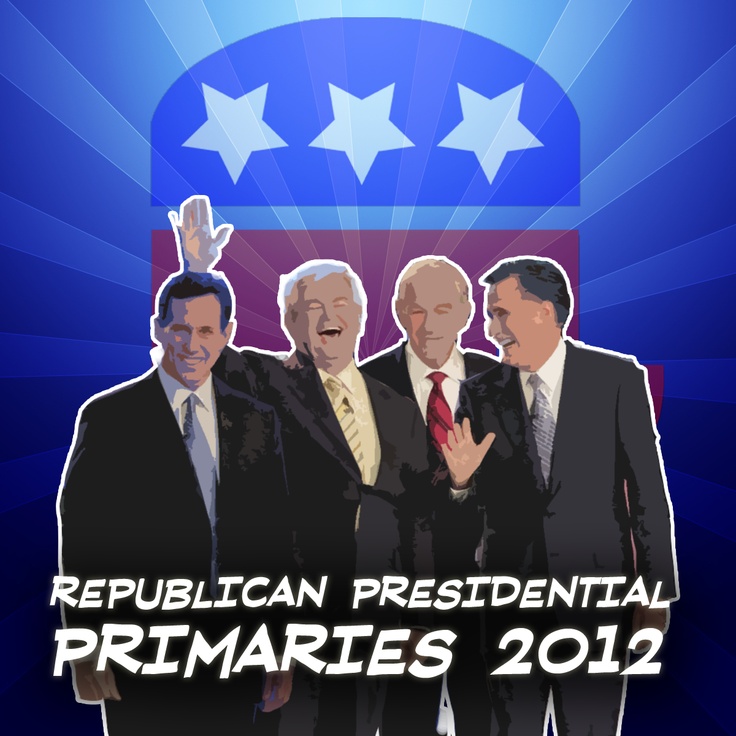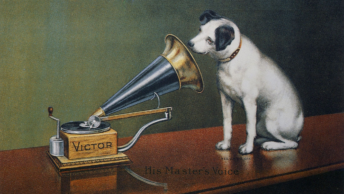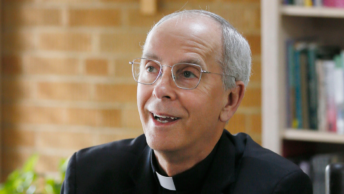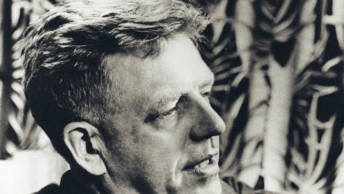If you are like most Americans, you have already had your fill of the political rhetoric flooding our airwaves. Well folks I hate to disappoint you but it is just starting. The 2012 primary debate schedule just started on January 7th and is not scheduled to end until March 19th. During the period from May 5, 2011 through January 7th of 2012, we have had eighteen scheduled presidential debates alone. But wait, there is more to come. Starting on October 9th, there are three additional presidential debates scheduled between President Obama and the GOP Presidential nominee. Not to be left out, on October 11, 2012, there is even a debate scheduled between Vice President Biden and the GOP Vice Presidential nominee.
Now between what is called a State “caucus” and a State primary, there are 53 scheduled primary/caucus events planned for 2012. If you wonder how we could arrive at the number 53, this schedule includes Puerto Rico, the U.S. Virgin Islands, and the District of Columbia. Depending upon what State you live in, you will need to determine whether you’re casting a vote in a booth or attending a meeting (caucus) to discuss who you are sending to the Convention in the Fall. Unlike the privacy of a voting booth, a caucus is a gathering of members of a political party in which they, Democrats or Republicans, choose the candidate they wish to nominate.
And what are all these caucus meetings, primaries, and debates leading up to? You guessed it. The Republican National Convention is scheduled to be held in Tampa, Florida starting on August 27th and running through August 31, 2012. And not to be out-done, the Democratic National Convention is planned for August 31st through September 6, 2012 at the Convention Center in Charlotte, North Carolina.
I think the sanity of the whole process should be under review. I can understand a few debates and a few primaries but fifty-three – insane! Then I ask myself what is the purpose of the convention after all these debates and primaries? I guess the bottom line is to get together to stimulate the economy of the region where the convention is held. When Mayor Anthony Foxx of Charlotte announced the decision to have the Democratic convention in Charlotte, he was excited as the Charlotte community stands to benefit financially to the tune of an estimated $160 million dollars.
The party’s presidential nominee is actually chosen today in a series of individual state caucuses and primary elections. Years ago, the party’s choice of the presidential nominee was usually not known until the last evening of the convention. The choice was an often contentious debate that riled the passions of party leaders. Delegates were forced to vote for a nominee repeatedly until someone could capture a minimum number of delegates needed. Backroom deals by party bosses were normal and often resulted in compromise nominees that became known as “dark horse candidates.” Dark horse candidates were people who never imagined they would run for President until the last moments of the convention. James Polk was chosen to become the candidate for President only after being added to the eighth and ninth delegate ballot.
At the convention, a party platform is drawn up. This is often referred to as a manifesto. It is a wish list of actions that appeals to the general public for the purpose of having the candidate or candidates voted into office. Individual topics are often referred to as “planks” of their platform. The 2008 Democratic platform was a document that included almost a 100 pages. One of the sections under Fiscal responsibility read:
Just as America cannot afford to continue to run up huge deficits, so too can we not afford to shortchange our investments. The key is to make tough choices, in particular enforcing pay-as-you-go budgeting rules.
Obviously, what is promised is not what is delivered. The Democratic administration has run up a deficit of over $2.8 trillion dollars and has operated without a budget for the last three years.
For this 2012 primary election season, three things stand out: one, the campaign is far too long. It began over a year ago before the actual voting, and fatigue has already set in; two, the contest has become hugely expensive, costing tens of millions of dollars even before the two candidate race begins; and three, the current candidate menu is not especially appetizing. We need to think in terms of abolishing the multiple primaries and shortening the campaign to three or four months. America would be far better served if we returned to an era when party nominees were chosen at conventions, not primaries.








